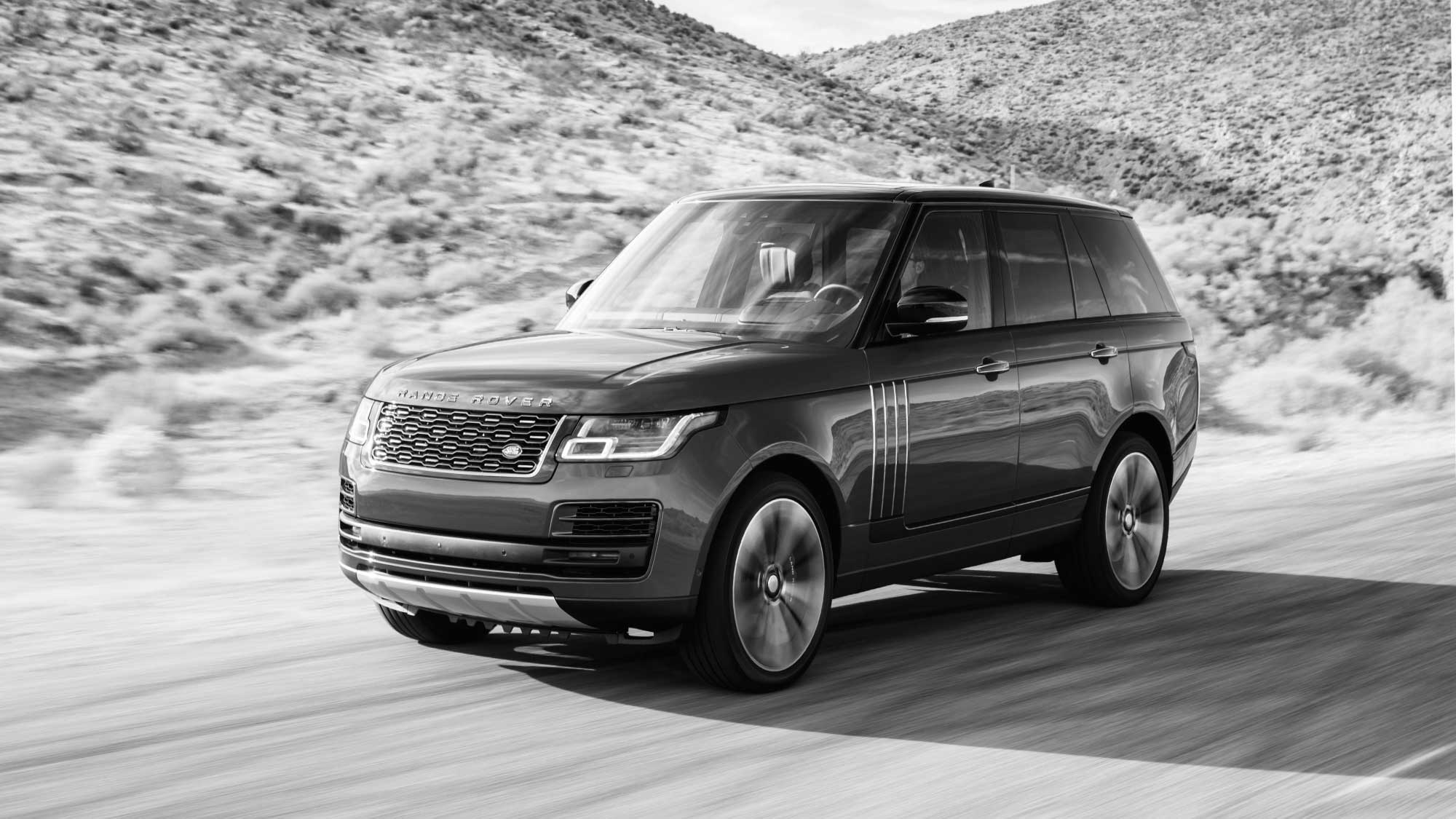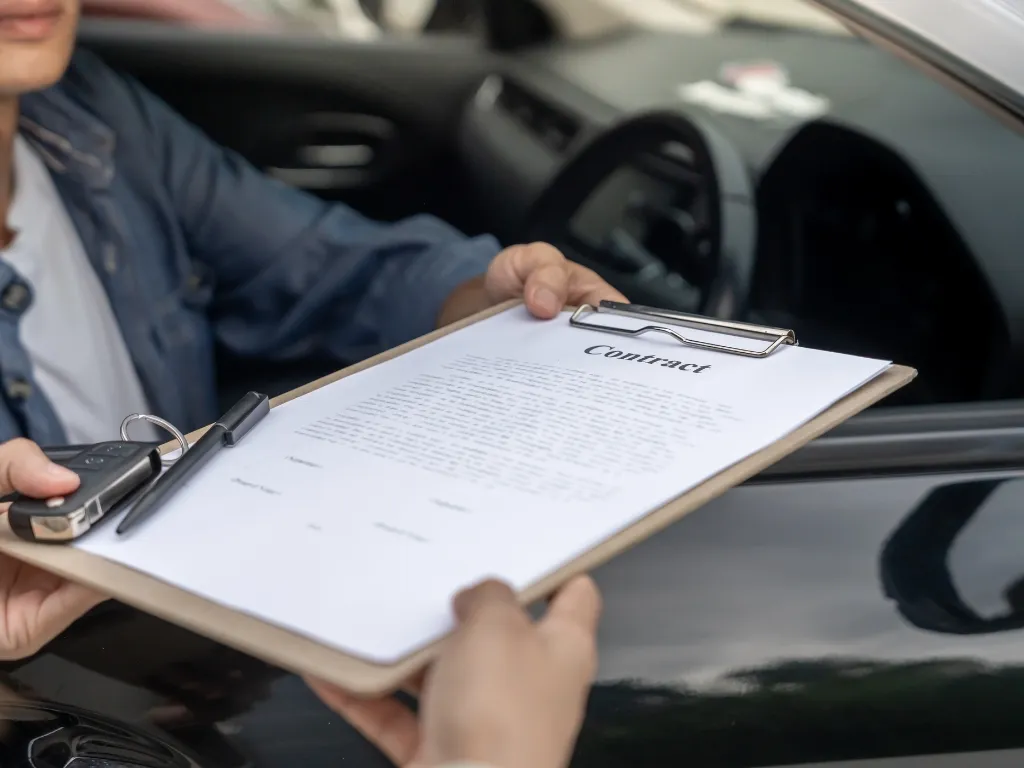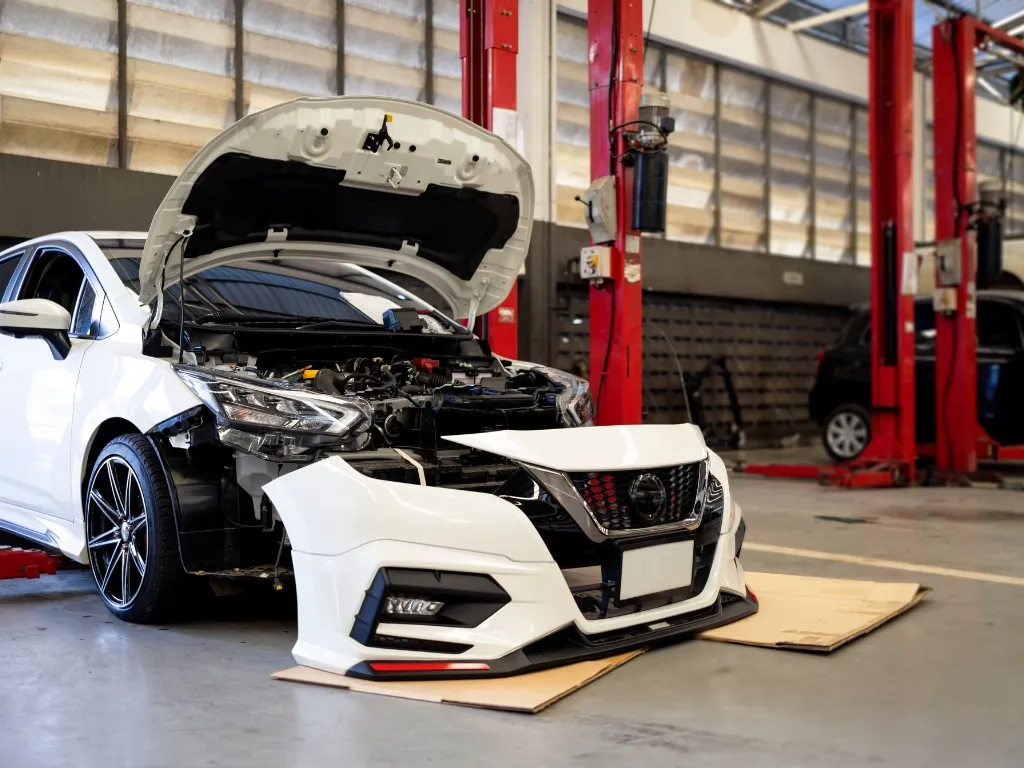What Does Collision Insurance Cover?
Author: Juan Cerna
Editor's Note: This article explains the definition of insurance policies. If you have already been in an accident and need an ICBC Body Shop to perform repairs, book an estimate now.
In 2022, there were 1,931 Canadian car collision fatalities - the highest number in the last decade. With incidents like this on the rise, it's essential to understand exactly what collision insurance coverage protects financially.
Have you ever wondered if you actually need collision coverage? Or perhaps you are trying to decipher the difference between comprehensive and collision policies?
We know that insurance terms can get complicated. Below, we break down the specifics of ICBC collision insurance, discuss when it’s necessary, and explain how it differs from other coverage types.
What is Collision Insurance Coverage?
Collision coverage is an optional policy that helps pay for the financial cost of repairing or replacing your vehicle when you are at fault. This applies if your car hits another vehicle, the ground, an object (such as a guard rail), or a road surface.
This coverage from ICBC helps settle the bill for your vehicle restoration, towing, and storage fees, even if you were responsible for the crash. Additionally, this coverage extends to vehicle damage caused by an unidentified driver (also known as a "hit and run").
Read Also: Things to do After a Car Accident
Can All Drivers Get Collision Coverage?
Not always. Drivers with a history of at-fault crashes may only be able to buy collision insurance with a high deductible or may not qualify for this coverage at all. You must talk to your Autoplan broker to find out if you qualify.
Do I Need Collision Insurance?
If you have a financed or leased vehicle, collision coverage is almost always mandatory. However, if you own your car outright, it is optional.
To decide if you need to add this to your policy, consider the following factors:
#1: Your Car’s Value
Is your car worth enough to warrant the cost of the premiums? If your vehicle is older and has a lower market value, the insurance cost might not be justified compared to the payout you would receive.
#2: Your Deductible Amount
Your deductible is the amount of cash you must pay out-of-pocket before your collision insurance kicks in.
- Example: If your repair bill is $10,000 and your deductible is $1,000, you pay $1,000, and ICBC pays the remaining $9,000.
- A higher deductible lowers your monthly premium but increases your upfront cost during a claim.
#3: Your Financial Situation
Ask yourself: Can you afford the worst-case scenario? If your car is totalled and you are at fault, can you handle the expense of buying a new car without insurance help?
When Collision Insurance Pays
- Example 1: You accidentally rear-end another vehicle at a stoplight. You are found at fault. Collision insurance covers the repair bill for your vehicle.
- Example 2: Your parked car is damaged by a hit-and-run driver. Collision insurance covers the restoration costs even when the responsible party is unidentified.
Is It Worth Getting Collision Coverage for an Older Vehicle?
Insurance premiums for newer vehicles can be high, leading some to think, "Since I have an older vehicle, I should skip it."
However, your vehicle's age doesn’t mean you should automatically skip coverage. Ask yourself:
- Can you afford to replace your vehicle tomorrow if it is totaled?
- Do you have inexperienced drivers using your vehicle?
- Are you okay with taking the financial risk of a major expense?
If the annual premium is 10% or more of your car’s total value, it might be financially practical to forgo it, but this is a personal financial decision.
Conclusion
Collision insurance provides crucial financial protection for repair or replacement costs when you are at fault. If you have already purchased coverage and have recently been in an accident, you need a certified body shop to handle the physical work.
Cerna Collision is here to help. We can assist with the claims process and get your vehicle back on the road.
Need an estimate for repairs?
Contact Cerna Collision or call us at 604-580-2074.
Table Of Contents




